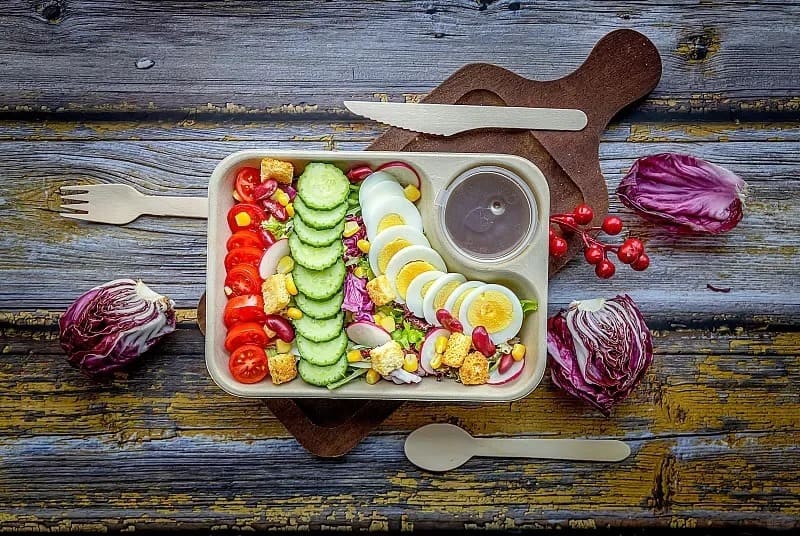As of 1 March 2021, South Australia has implemented a ban on single-use plastics, which includes single-use plastic straws, drink stirrers, and cutlery. This proactive step aims to reduce plastic waste and protect the environment. Following this initial ban, on 1 March 2022, polystyrene food and beverage containers, along with oxo-degradable plastics, will also be prohibited. Currently, there is ongoing consultation to identify additional plastic items that may be included in the ban, highlighting the government's commitment to a cleaner future.

In the ACT, the government has similarly initiated a ban on single-use plastic cutlery, drink stirrers, and polystyrene food containers as of 1 July 2021. Straws, along with fruit and veggie barrier bags and degradable plastics, are scheduled to be phased out by 1 July 2022 after further consultations with the community and businesses.
Queensland's government enacted its ban on single-use plastics starting 1 September 2021, which prohibits not only plastic straws, drink stirrers, and cutlery, but also plates, bowls, and polystyrene food containers. This comprehensive approach emphasizes a collective effort across states to minimize plastic waste.
New South Wales has taken significant steps as well, passing laws to eliminate a wide range of single-use plastics, including bags, straws, cutlery, plates, bowls, expanded polystyrene items, and more. The phase-out of lightweight plastic bags will be completed by 1 June 2022, while the remaining plastic products will be banned by 1 November 2022. This legislative action reflects a growing recognition of the environmental challenges posed by single-use plastics.
In Western Australia, legislation has been introduced to ban various plastic items by 2022, including plates, bowls, cups, cutlery, straws, and thick plastic bags. In a second stage, which is set to be completed by 2023, the government will target takeaway coffee cups, plastic barrier bags, cotton buds with plastic shafts, polystyrene packaging, microbeads, and oxo-degradable plastics. This phased approach ensures a thorough transition toward sustainable alternatives.
Victoria’s government has committed to banning single-use plastics by February 2023, which includes a variety of items such as plastic straws, cutlery, plates, drink stirrers, and polystyrene food containers. Notably, the Victorian Department of Environment, Land, Water and Planning has confirmed that oxo-degradable plastics will also be included in the ban, furthering their commitment to environmental protection.
Unfortunately, Tasmania and the Northern Territory have yet to make commitments to ban single-use plastics, which highlights the varying levels of action across the country.
On a national level, Australia’s National Packaging Targets aim to phase out problematic single-use plastics by 2025. During a federal meeting on 15 April 2021, eight types of “problematic and unnecessary” plastic products were identified for phased elimination under the National Waste Policy Action Plan. These include lightweight plastic bags, misleadingly labeled “degradable” products, plastic straws, utensils, expanded polystyrene consumer food containers, and microbeads in personal care products.
At Sincere Ecotech, we are dedicated to providing sustainable solutions to help businesses transition away from single-use plastics. Our offerings include eco-friendly alternatives like our party camping BBQ bagasse cups, perfect for outdoor gatherings, and soup noodle rice bagasse bowls, designed for convenient and sustainable dining. Our sugarcane plates provide a durable yet biodegradable option for serving food, while our sugarcane plates wholesale options ensure that businesses can access these sustainable products easily and affordably.
Additionally, our fully disposable high-end containers offer premium packaging solutions that do not compromise on quality or sustainability. As bagasse tableware importers, we are committed to reducing single-use plastic waste across Australia and supporting a greener future. By choosing Sincere Ecotech, you are not only making a responsible choice for your business but also contributing to the global effort to protect our environment.
